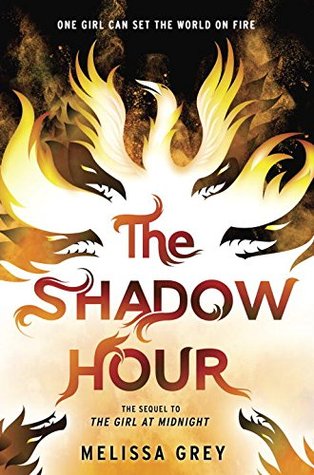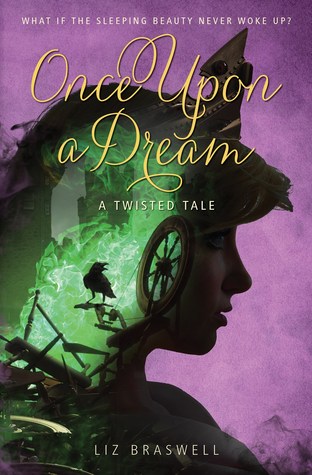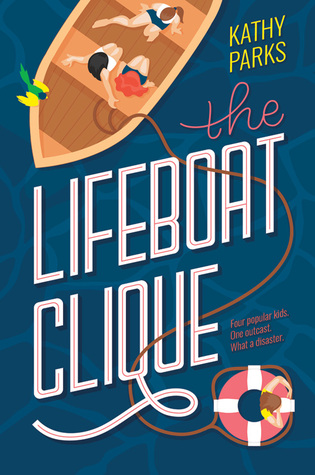Okay, here it goes:
My father is in prison. I don't know how many of you know this or care, but I think you should know that this truth doesn't come easily. Six years ago, I never would have said this out loud let alone even written it down.
My dad was an incomplete figure in my life--recognizable only from his voice from phone calls and the block print that was his letters. He went away when I was seven, came out when I was fourteen and two short years later was incarcerated again (this is normal, just so you know. Most released incarcerated persons go back, especially if the offense is related to drugs).
Anyway, despite the fact that there are 2.7 million children living with a parent in prison, this experience does not often lend to fictional renderings. When I was ten, I really could have used a book not about getting my period, but a book about telling my friends that my dad wasn't a truck driver delivering cargo around the country, but an inmate, a prisoner (and in their eyes, probably, a criminal).
I've started writing books about having a parent in prison so many times. I wanted to write a book for a kid like me who desperately needed to have her experience validated in the pages of books she loved. It wasn't easy. I never got that far. And still, I longed for books about it. To fill in the blanks that I could not (at this time) complete.
There are more (but still too little) books about having a parent in prison now. Ruby On The Outside by Nora Raleigh Baskin is a perfect middle-grade book. And now, The Serpent King.
I'm grateful for Jeff Zentner and his team (looking at you, Cassie!) at PRH for organizing a blog tour and giving him a platform to write about this topic, that is, what it was like writing about a young adult of a parent in prison.
If Ruby On The Outside helped validate my feelings as a little girl coping with not only my father leaving but going to jail and then prison, then Jeff Zentner's The Serpent King helped me as a young adult. Thank you for that, Jeff.
Now, onto the post. Hopefully you'll find something you're looking for in The Serpent King (and maybe this post) too.
~*~
Writing a character with a parent in prison in The Serpent King was definitely a case
of me having to put myself in other people’s shoes and not being able to rely
on my own firsthand experience. I have great parents who have decidedly never
been to prison.
 To write this character, Dill, my protagonist, first I had to
envision what it would be like to visit his father in prison. To do this, I
visited Riverbend Prison here in Nashville (the prison where the father is
incarcerated in the book) three times. I made mental notes of everything. How
things looked. How things smelled. The vibe of the place. How inmates were
dressed. How they interacted. I tried to view the prison through the eyes of my
character. Everything that was unpleasant or oppressive about the prison, I
imagined my character taking upon himself. Is this my future? he might wonder.
Did I do the wrong thing by helping put my father here, in this gray and
desolate place?
To write this character, Dill, my protagonist, first I had to
envision what it would be like to visit his father in prison. To do this, I
visited Riverbend Prison here in Nashville (the prison where the father is
incarcerated in the book) three times. I made mental notes of everything. How
things looked. How things smelled. The vibe of the place. How inmates were
dressed. How they interacted. I tried to view the prison through the eyes of my
character. Everything that was unpleasant or oppressive about the prison, I
imagined my character taking upon himself. Is this my future? he might wonder.
Did I do the wrong thing by helping put my father here, in this gray and
desolate place?
I tried to picture what it would be like to have the normal
parent-child dynamic reversed. That is to say, generally children are the ones
who find themselves in time out at the doing of the parents. But in my book,
it’s Dill’s father who finds himself in prison at the doing of his son. I had
to envision what that would do to a teenager’s psyche; how it would affect his
sense of self-worth, destiny, and his life’s possibilities.
As I started considering what it would be like to lose a parent to
prison, especially a family’s primary breadwinner, I began thinking about all
of the financial repercussions. There would be legal bills. Prior obligations
such as mortgages or the expense of starting a business (or church in my book’s
case) wouldn’t simply disappear. The other members of the family would suddenly
have to take up the financial slack. If they couldn’t afford health insurance
and someone got sick or was injured, they’d slip even farther down the hole.
This sort of debt, in turn, dramatically limits one’s available paths in life.
The idea of taking on even more debt to go to college and get the sort of
education you would need to climb out of the hole becomes unthinkable. It’s a
vicious cycle.
And then there are the social ramifications. I imagined losing a
parent to prison to be in many ways like having a parent die, only worse in
some respects. If a parent dies, there’s no stigma attached to it. No one will
wonder if you’re somehow genetically predisposed to die also—that question has
been pretty well settled. But people will wonder if you’re predestined to
become a criminal like your parent, either by virtue of nature or (lack of)
nurture. I imagined these social ramifications to be a thousand times worse in
the cloistered, gossipy environment of a small town.
I’ve since heard from a
number of people who grew up with parents in prison, and they told me that I
captured the experience accurately. This is heartening to hear. I genuinely
tried to honor their experiences in writing Dill. There are many children in
America with parents in prison. About 700 out of every 100,000 people are
incarcerated in America. That amounts to two out of every ten people
imprisoned in the world. If I can help some of the people whose lives have been
upended—through no fault of their own—to feel less lonely, that’s something I’m
happy to do.
~*~
 Jeff Zentner is a singer-songwriter and guitarist who has recorded with Iggy Pop, Nick Cave, and Debbie Harry. In addition to writing and recording his own music, Zentner works with young musicians at Tennessee Teen Rock Camp, which inspired him to write a novel for young adults. He lives in Nashville with his wife and son. The Serpent King is his first novel. You can follow Zentner on Facebook, on Instagram, and on Twitter at @jeffzentner.
Jeff Zentner is a singer-songwriter and guitarist who has recorded with Iggy Pop, Nick Cave, and Debbie Harry. In addition to writing and recording his own music, Zentner works with young musicians at Tennessee Teen Rock Camp, which inspired him to write a novel for young adults. He lives in Nashville with his wife and son. The Serpent King is his first novel. You can follow Zentner on Facebook, on Instagram, and on Twitter at @jeffzentner.
~*~
The Serpent King Blog Tour Schedule
Thursday, March 3: Paperback
Princess, Guest Post: Writing a Character with a
Parent in Prison
Friday, March 4: Who
R U, Behind the Scenes Book Secret Guest Post


































